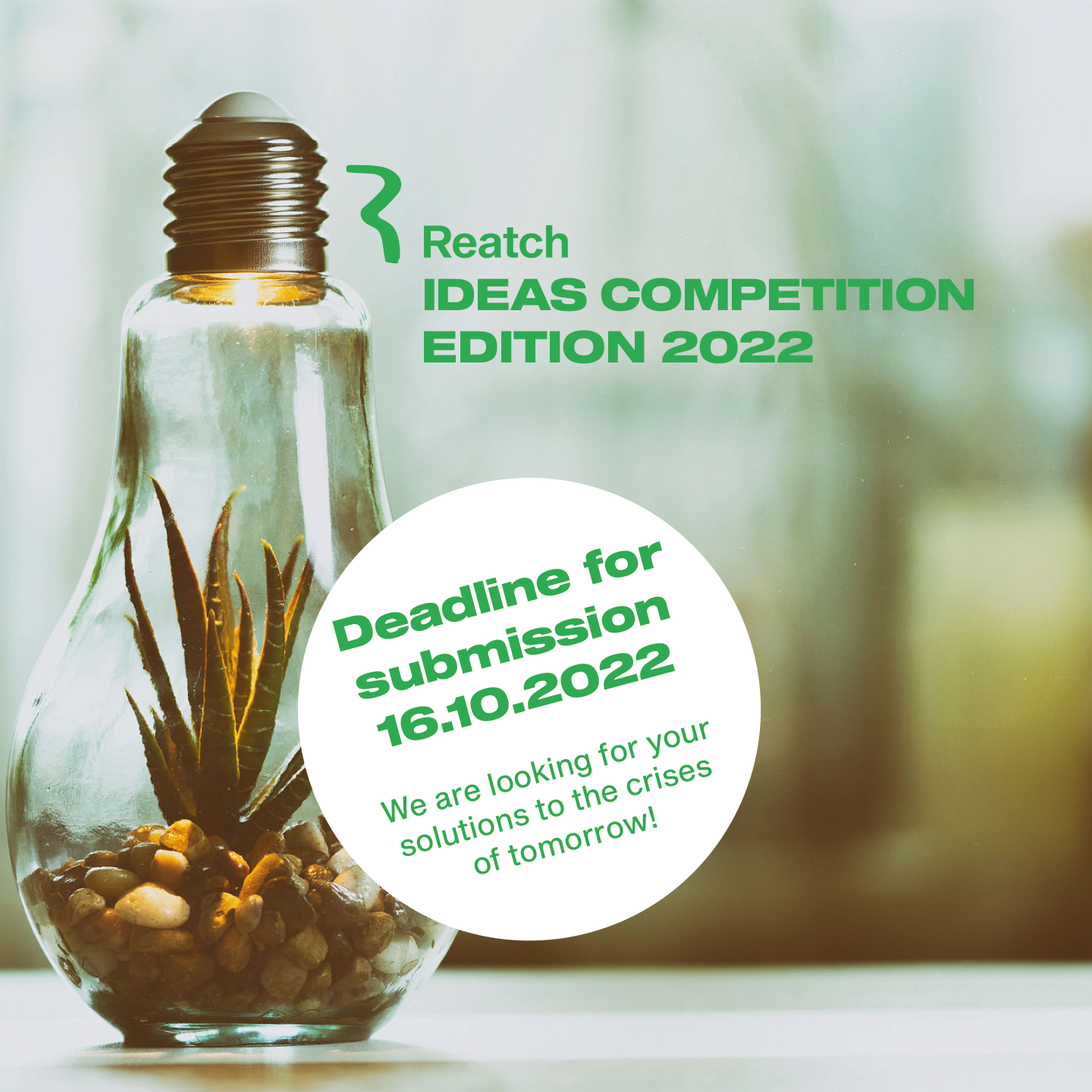Academics, Advisors, Activists? The role of scientists in politics.
How should scientists engage in politics? We invite politically active academics to find out: Why do they do what they do? And: How do they reconcile their political work with their role as scientists?
Picture by Blink O'fanaye.
Climate Change, Covid-19, or Cancer: Scientific views are an integral part of democratic debates. However, the way scientists engage in politics regularly leads to heated debates both within and outside academia. Some think that researchers are too hesitant and call for more activism. Others criticize just that, call for more self-restraint and point out the many established democratic procedures in which scientific views are voiced.
What role should researchers play in democratic debates? What principles are they bound by because of their positions as scientists? And: Who ultimately determines what researchers are allowed to do in the political sphere?
We discuss this with researchers who are all either politically active or working at the interface of science and politics. They have founded political organizations and think tanks, head advisory bodies to the Federal Council, serve on expert commissions or take part in street blockades and other forms of civil resistance. We want to know: Why do they do what they do? And: How do they reconcile their political work with their role as scientists?
Their views will be complemented by researchers who study the interactions between science and politics academically.
These are our panelists:
- Dr. Marcel Salathé is professor of digital epidemiology at EPFL. He regularly worked at the interface of science and politics as a member of the former Swisscovid Taskforce and is Co-Founder of CH++, a political organization with the aim to foster the scientific and technological competences of politics, administration and society.
- Dr. Tanja Rechnitzer is a scientific researcher at the Leibniz University Hannover and board member of the scientific think tank “Reatch! Research. Think. Change.” One of Tanja Rechnitzer’s research focuses as a philosopher is the role of experts and expert knowledge in democratic society.
- Dr. Cyril Brunner is scientific researcher in climate physics at ETH Zürich. He is involved in a number of national and cantonal climate strategies and is part of the scientific advisory council of the glacier initiative, which aims to write the domestic net zero greenhouse gas emissions target into law.
- Dr. Caspar Hirschi is professor of general history at the University of St. Gallen. He has extensively worked on the different roles of scientific experts and intellectuals in society from the time of enlightenment to modern day.
- Dr. Anaïs Tilquin was until recently a scientific researcher in evolutionary biology but is now working as an activist for the organization “Renovate Switzerland”, which uses methods of civil disobedience in its fight against climate change.
The discussion will be held in English and will be moderated by Servan Grüninger, President of Reatch and member of the Swiss Young Academy, and Kevin Thomas, neuroscientist at the University of Fribourg and member of Reatch Romandie.
About Reatch
Reatch is the independent think tank for critical scientists and
science enthusiasts in Switzerland. We promote a science-friendly
culture in which science, society and politics work together
constructively.
Reatch is a transdisciplinary grassroots movement and relies on the innovation potential and drive of numerous volunteers. Since 2014, we have been organized as a non-profit association with regional groups in Zurich, Bern, Basel and Lausanne.

Reatch Ideas Competition 2022: Tackling crises before they emerge - with research!
Do you have a concrete idea for how – together with politics, industry, and society – tomorrow’s crises could be preempted by research? Then participate in the Reatch Ideas Competition!
Why it will be worth it:
You can win prize money of up to CHF 2000 (1st place 2000.-, 2nd place 1200.-, 3rd place 400.-).
Your idea convinces us? We will publish it on our Reatch blog and give it media presence.
Your idea is selected for the finale? As one of five finalists, you will present your idea to a top-class jury from academia, politics, and society.
In preparation for the finale, you will receive a pitch-coaching to enhance your presentation skills.
The special prize will provide wings for your idea: as part of our Franxini Innovation Hub support program, you and your idea will be guided and supported during the implementation process.
Submission deadline: Sunday, 23rd of October 2022.